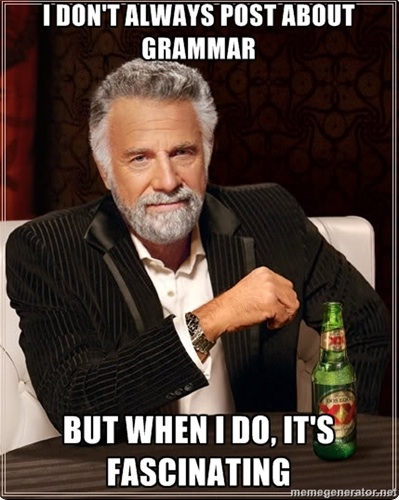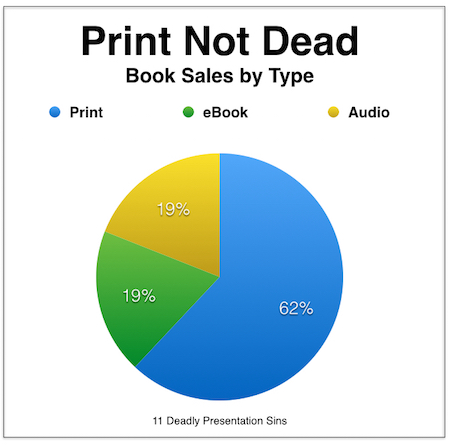Writers constantly struggle to find just the right words. But then we go and squander them by burying them somewhere in the middle of a sentence, undermining the strength of the point we’re trying to make.
The issue is captured in a book I often reference: Story, by Robert McKee, which is widely acknowledged as one of the “bibles” of screenwriting. It’s a pretty dense tome at times but it offers tons of lessons for writers of any kind.
In the book, McKee puts it this way:
“In ill-written dialogue, useless words, especially prepositional phrases, float to the ends of sentences. Consequently, meaning sits somewhere in the middle.”
Which is Better?
Take this pitch I saw online for a seminar:
“Learn how our latest offering will change your business forever at our upcoming seminar.”
That prepositional phrase at the end takes all the air out of the powerful promise to “change your business forever.” Reorder the elements and you get this:
“Come to our seminar and learn how our latest offering will change your business forever.”
(Alternatively, you could lead off with “Change your business forever …” The point is, stop burying your best ideas in the middle of a sentence.)
Make the Most of the ‘Suspense Sentence’
McKee goes on to describe the “suspense sentence:”
“Excellent film dialogue tends to shape itself into the periodic sentence: ‘If you didn’t want me to do it, why’d you give me that…’ Look? Gun? Kiss? The periodic sentence is the ‘suspense sentence.’ Its meaning is delayed until the very last word, forcing both the actor and audience to listen to the end of the line.”
Say you’ve got some serious news to deliver. What’s more effective?
“We will all lose our jobs if we don’t cut costs.”
OR
“If we don’t cut costs, we will all lose our jobs.”
The consequence here lands a lot harder when it comes at the end. After all, if you were told upfront that “tomorrow we shall die,” would you stick around for the exhortation to “eat, drink and be merry?”
Deliver Your Words Like a Comic
The suspense sentence is a lot like a comic’s punch line. Comedians save the joke for the very end. Otherwise they’d be stepping on – or worse, stopping – the audience’s laughter and applause with a bunch of extraneous verbiage.
Keep that in mind when you’re quipping in a speech or on Facebook or Twitter:
“I was feeling very confident at my job interview until I looked down and saw I was wearing two different colored shoes.”
This works best when the revelation comes at the end of the sentence, as opposed to:
“My confidence was shaken when I realized that I wore two different colored shoes to my job interview.”
McKee’s advice won’t apply in every situation, of course, but it’s definitely made me more conscious of where within a sentence I place my most powerful words and ideas.
And, incidentally, it’s one of the many things I learned in acting that make it really, really difficult to just relax and enjoy TV or a movie without dissecting it.





